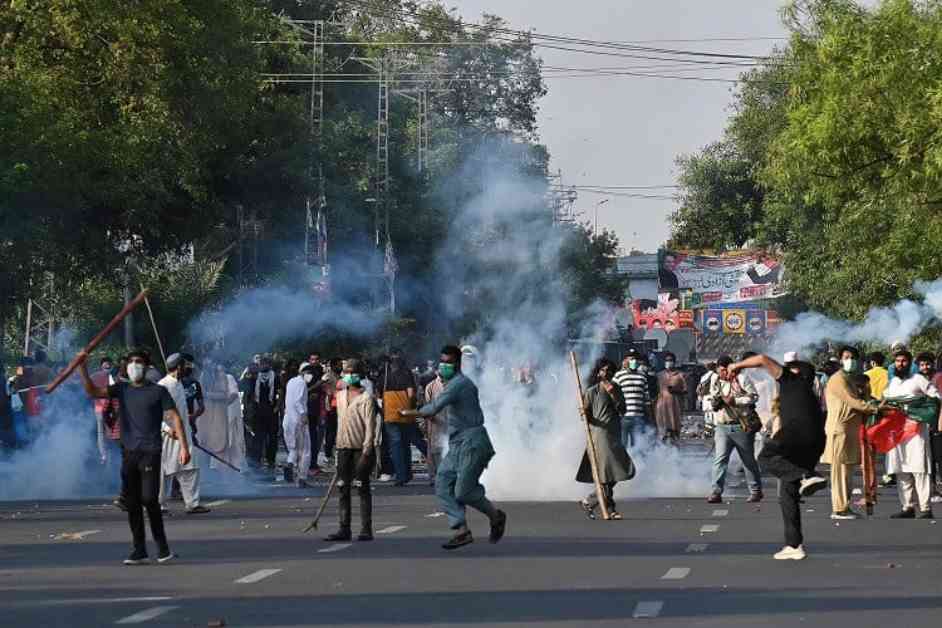Mercy Granted to 19 Rioters in May 9 Conviction Case: ISPR’s Announcement and Impact
The Inter-Services Public Relations (ISPR) recently made a groundbreaking announcement, revealing that the mercy petitions of 19 individuals involved in the May 9 protests have been approved. This decision comes after a total of 67 convicts submitted mercy petitions, seeking leniency in their punishments for their roles in the violent events that unfolded on that fateful day.
The ISPR emphasized that the approval of these petitions was based on humanitarian grounds and in line with the law. The convicts are set to be released following the completion of necessary procedures, showcasing a balance between justice and compassion.
Individuals Granted Mercy
The ISPR disclosed the names of those who will benefit from the remission of their punishments. These individuals, who have been granted leniency, include sons of various fathers, such as Muhammad Ayaz, Laeeq Ahmed, and Yasir Nawaz, among others. This move highlights the human aspect of the legal process and aims to promote fairness while upholding the principles of mercy.
Legal Proceedings and Future Steps
In a bid to ensure transparency and adherence to legal procedures, the ISPR mentioned that the mercy petitions of the remaining convicts will be reviewed in due course. It reiterated that all convicted individuals have the right to appeal and pursue legal remedies as per the law and constitution, underscoring the importance of a just legal system.
Context and Impact
The May 9 riots, sparked by the arrest of PTI founder Imran Khan, led to widespread protests that turned violent, resulting in attacks on public and military installations across the nation. Following the Supreme Court’s decision, military courts sentenced more individuals for their involvement in these violent incidents, with the recent announcement shedding light on the legal proceedings and outcomes.
As we reflect on this development, it prompts us to ponder the delicate balance between justice and mercy in the legal system. How can we ensure that the rule of law is upheld while also showing compassion towards those seeking forgiveness for their actions? This case serves as a poignant reminder of the complexities of the legal process and the human stories behind every verdict.
In conclusion, the ISPR’s decision to grant mercy to 19 rioters marks a significant chapter in the aftermath of the May 9 events. It underscores the importance of a fair and compassionate legal system that upholds the principles of justice, while also recognizing the inherent humanity in every legal case.









